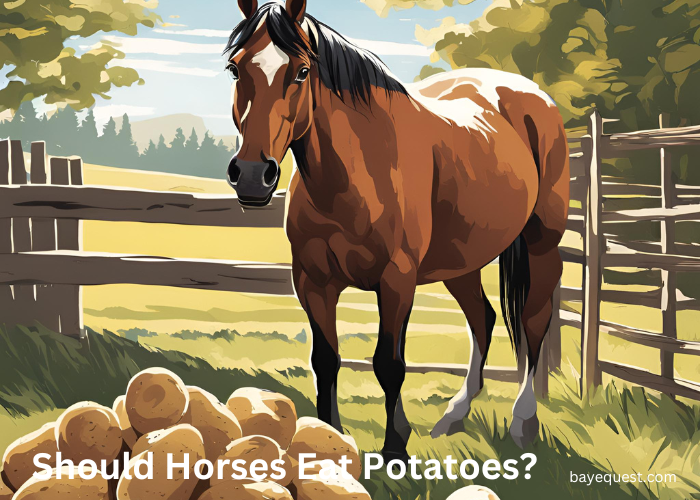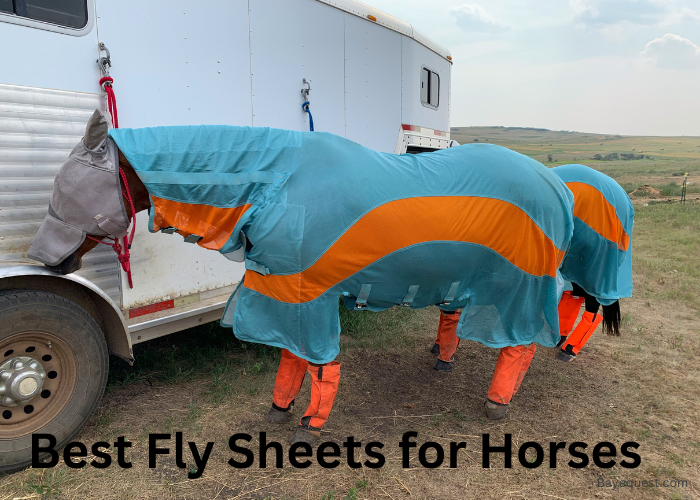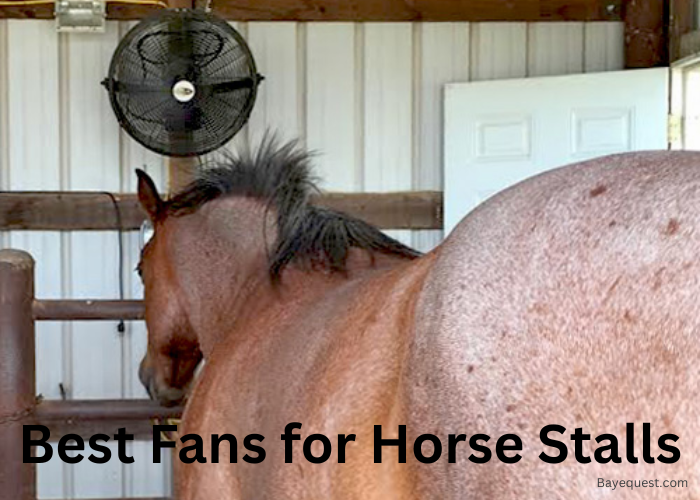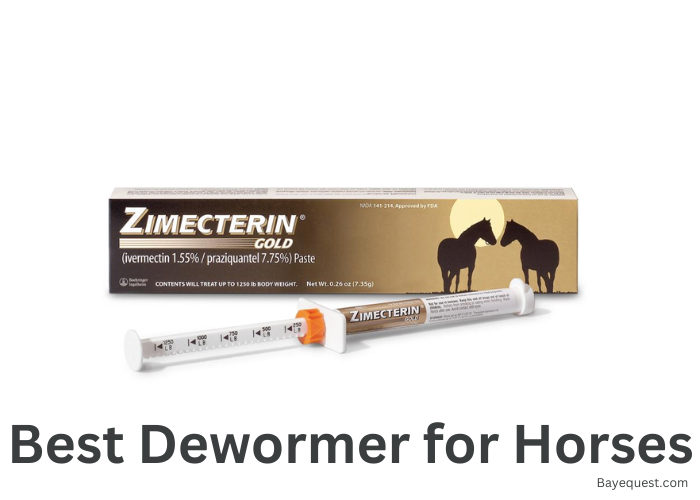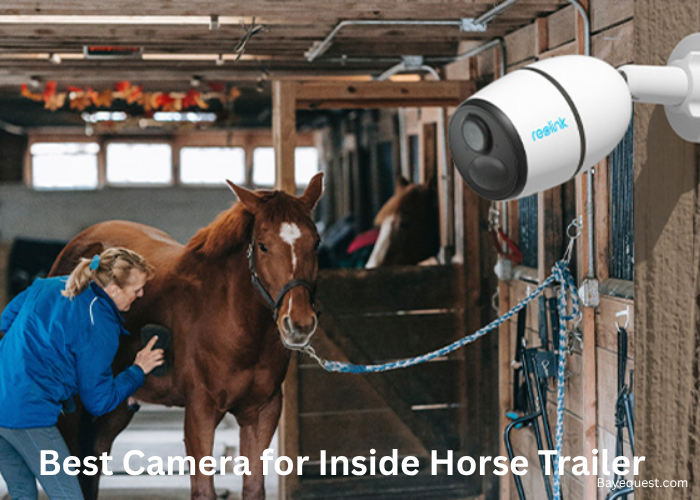Potatoes are a favorite side dish for many, but can they make it to your horse’s menu too? When it comes to feeding our equine friends, not everything in our pantry is safe.
Horses have unique dietary needs, and while some foods can be a tasty treat, others can be downright dangerous. So, where do potatoes fit in? Are they a harmless snack or a risky gamble?
Let’s dig into the facts and find out if your horse should stay away from these starchy vegetables.
Can Horses Eat Potatoes? Key Takeaway
No, horses should not eat potatoes. Potatoes belong to the nightshade family and contain a substance called solanine. Solanine is toxic to horses. Even a small amount of raw or green potatoes can be harmful. Potatoes are also hard and bulky, so there’s the risk of choking.
Can Horses Eat Sweet Potatoes?
Yes, horses can eat sweet potatoes, but with some precautions.
Sweet potatoes are different from regular potatoes. They don’t have solanine, the toxic compound found in regular potatoes. This makes them safer for horses to eat.
However, they should still be given in moderation. Sweet potatoes are high in sugar and starch, which can be hard for horses to digest in large amounts.
Also, always serve them cooked and chopped into small pieces to prevent choking and aid digestion. As with any new food, introduce sweet potatoes slowly into your horse’s diet to see how they handle it.
Can Horses Eat Cooked Potatoes?
Yes, horses can eat cooked potatoes, but it’s generally not recommended. While cooking potatoes does reduce their solanine content, it doesn’t eliminate it completely.
Additionally, cooked potatoes still pose nutritional issues for horses. These issues can disrupt a horse’s digestive system if not properly managed.
If you feed your horse cooked potatoes, do it rarely and in very small amounts. Ensure the potatoes are well cooked with no added butter, salt, or spices.
Always introduce any new food gradually and observe your horse for signs of digestive distress or health issues. However, many other safer and healthier treat options are available for horses.
Can Horses Eat Fried Potatoes?
No, horses should not eat fried potatoes. Fried foods are unsuitable for horses due to their high fat and salt content, which can lead to digestive upset and other health problems.
Also, the oils and seasonings used in frying potatoes can harm horses. Instead, feed horses their regular diet and safer, natural treats like certain fruits and vegetables.
Feeding horses anything outside of their recommended diet should be done cautiously and with the advice of a veterinarian.
Can a Horse Eat Potato Leaves?
No, a horse should not eat potato leaves. Potato leaves are part of the nightshade family, which includes plants that contain solanine, a toxic compound.
Solanine is especially concentrated in the potato plant’s leaves, stems, and green parts. Ingesting these can be harmful and potentially fatal to horses.
Ensure that horses do not have access to areas where potatoes are growing and keep all parts of the potato plant out of their reach. Always focus on feeding safe, approved foods and consult a veterinarian if you’re unsure what is safe for your horse.
Can You Feed Potato Peels to Horses?
No, you should not feed potato peels to horses. Potato peels, especially if they are green or sprouted, contain solanine.
Solanine has higher concentrations in the skin and sprouts and is harmful to horses, causing serious health issues.
It’s safer to avoid feeding any part of the potato, including the peels, to horses. Many other safer treat options are available that are more suitable for equine diets.
Are Potatoes Poisonous to Horses?
Yes, potatoes can be poisonous to horses. They belong to the nightshade family and contain solanine, a toxin harmful to horses.
This is especially true for green or sprouted potatoes. If a horse eats these, it could get really sick.
Always keep all parts of the potato—leaves, stems, and potatoes—away from horses. Stick to safer treats that are known to be good for horses instead.
Nutritional Content of Potatoes
This table gives a general overview of the basic nutrients found in potatoes. The nutritional values can vary slightly based on the variety and size of the potato.
| Nutrient | Amount |
| Calories | 110 kcal |
| Protein | 3 g |
| Total Fat | 0.1 g |
| Carbohydrates | 26 g |
| Dietary Fiber | 2 g |
| Sugars | 1 g |
| Sodium | 8 mg |
| Vitamin C | 12 mg |
| Vitamin B6 | 0.4 mg |
| Potassium | 620 mg |
| Magnesium | 20 mg |
| Iron | 0.8 mg |
Poisonous Potato Parts
The poisonous parts of the potato plant are primarily the leaves, stems, sprouts, and any green parts of the potato itself. These parts contain solanine, which the plant produces as a defence mechanism against insects and disease.
Here’s a breakdown of the poisonous parts:
1. Leaves and stems. These above-ground parts of the potato plant are high in solanine. They are never safe for horses to consume.
2. Sprouts. The sprouts that grow from potatoes when they begin to turn or are stored improperly also contain high levels of solanine. Eating sprouted potatoes is risky.
3. Green potatoes. Exposure to light causes potatoes to turn green as they produce chlorophyll. Along with chlorophyll, the process increases solanine levels, making green potatoes unsafe.
The presence of solanine in these potato parts makes them toxic, not just to horses but to humans as well. Ingestion can lead to solanine poisoning, which can cause gastrointestinal distress and neurological disorders and, in severe cases, can be fatal.
Potato Poisoning Symptoms in Horses
Potato poisoning in horses, caused by the ingestion of solanine from parts of the potato plant, can lead to a range of symptoms. These symptoms vary depending on the amount of solanine ingested, but even small amounts can be harmful.
Here are the key symptoms to watch for:
Gastrointestinal issues. Symptoms can include colic, diarrhea, and abdominal pain. Horses may appear visibly distressed, may paw at the ground, or try to lie down frequently.
Neurological problems. Solanine affects the nervous system, so symptoms can include confusion, drowsiness, and difficulty walking. In severe cases, you might observe twitching or even seizures.
Respiratory difficulties. In more severe cases, solanine poisoning can lead to respiratory distress, which might manifest as difficulty breathing or an increased respiratory rate.
Heart abnormalities. Changes in heart rate, either too fast or too slow, can also occur due to the toxin’s impact on heart muscle and nerve function.
General weakness and lethargy. Horses may show weakness, appear lethargic and lack interest in their surroundings or food.
What to Do if Your Horse Eats Potatoes
If your horse eats potatoes, it’s important to act quickly and carefully to mitigate any potential risks. Here’s what you should do:
Remove access. Immediately ensure no more potatoes or potato plant material is accessible to your horse. This includes removing any remaining potatoes, peels, or plants from the area.
Observe for symptoms. Watch your horse closely for any signs of distress or illness. Note any symptoms in detail; this information will be crucial for your veterinarian.
Contact your veterinarian. Even if your horse seems fine, calling your veterinarian to discuss the situation is a good idea. Describe what your horse has eaten and any symptoms you have observed. Your vet may advise you on specific steps to take or may want to examine your horse.
Follow veterinary advice. Your vet might recommend administering activated charcoal to absorb toxins or providing supportive care like fluids if symptoms develop. Follow their instructions closely.
Monitor over the next few days. Continue to monitor your horse for signs of illness. Some symptoms may take time to appear. Keep a close eye on their eating habits, behavior, and physical health.
Prevent future incidents. After addressing the immediate concern, take steps to prevent future incidents. This might include securing feed storage areas and ensuring that horses cannot access kitchen waste. You will also need to educate those around your horses about the dangers of potatoes to horses.
Other Foods in the Nightshade Family
The nightshade family, scientifically known as Solanaceae, includes several common foods often part of human diets. However, these plants can harm certain animals if not properly managed.
Here’s a list of other common nightshade vegetables:
1. Tomatoes: The ripe fruit is generally safe for humans, but the green parts of the plant, including stems and leaves, contain solanine and other toxins. (Read more on tomato toxicity for horses in our other guide.)
2. Eggplants (Aubergines): Like tomatoes, the fruit is edible, but the leaves and flowers contain toxins.
3. Bell peppers and chilli peppers. All parts of these plants are edible for humans; however, the leaves and stems, like other nightshades contain solanine.
4. Tobacco. A well-known member of the nightshade family, obviously not edible but relevant due to its widespread use and potent natural chemicals.
5. Goji berries. While the berries are edible and highly nutritious, other parts of the goji plant are potentially toxic.
6. Pepinos: The fruit is edible, but other parts of the plant may contain harmful toxins.
7. Ground cherries. Also known as cape gooseberries, these plants and their unripe fruit can be toxic.
For horses and other animals, the concern with nightshades centers around the solanine. While some parts of nightshades are safe for human consumption, caution is needed when these plants are around animals.
Always ensure that animals, especially horses, do not have access to these plants, particularly the leaves and stems.
Healthy Treats for Horses
Offering treats to horses can be a great way to bond and provide enrichment, but choosing healthy, safe options for their digestion is important. Here are some nutritious and horse-approved treats you can consider:
- Carrots
- Apples
- Pears (Check out some benefits of feeding pears to horses.)
- Hay cubes
- Sugar-free peppermints
- Bananas
- Celery
- Watermelon
- Pumpkin
- Oats
- Turnips
Conclusion
Well, horses and potatoes are like oil and water—they don’t mix well. Who knew? While we can munch on fries and hash browns, keeping those spuds away from our hoofed friends is best.
Stick to carrots and apples when you feel like doling out the goodies. They’re safer and, honestly, probably more appreciated by your horse.
Next time those puppy-dog eyes beg for a bite at snack time, just say neigh to the taters. Keep it simple, keep it safe, and keep those treats horse-friendly.
Also, read our insightful article on “Should horses eat bread?” to determine whether bread is a nice treat. Happy feeding.




